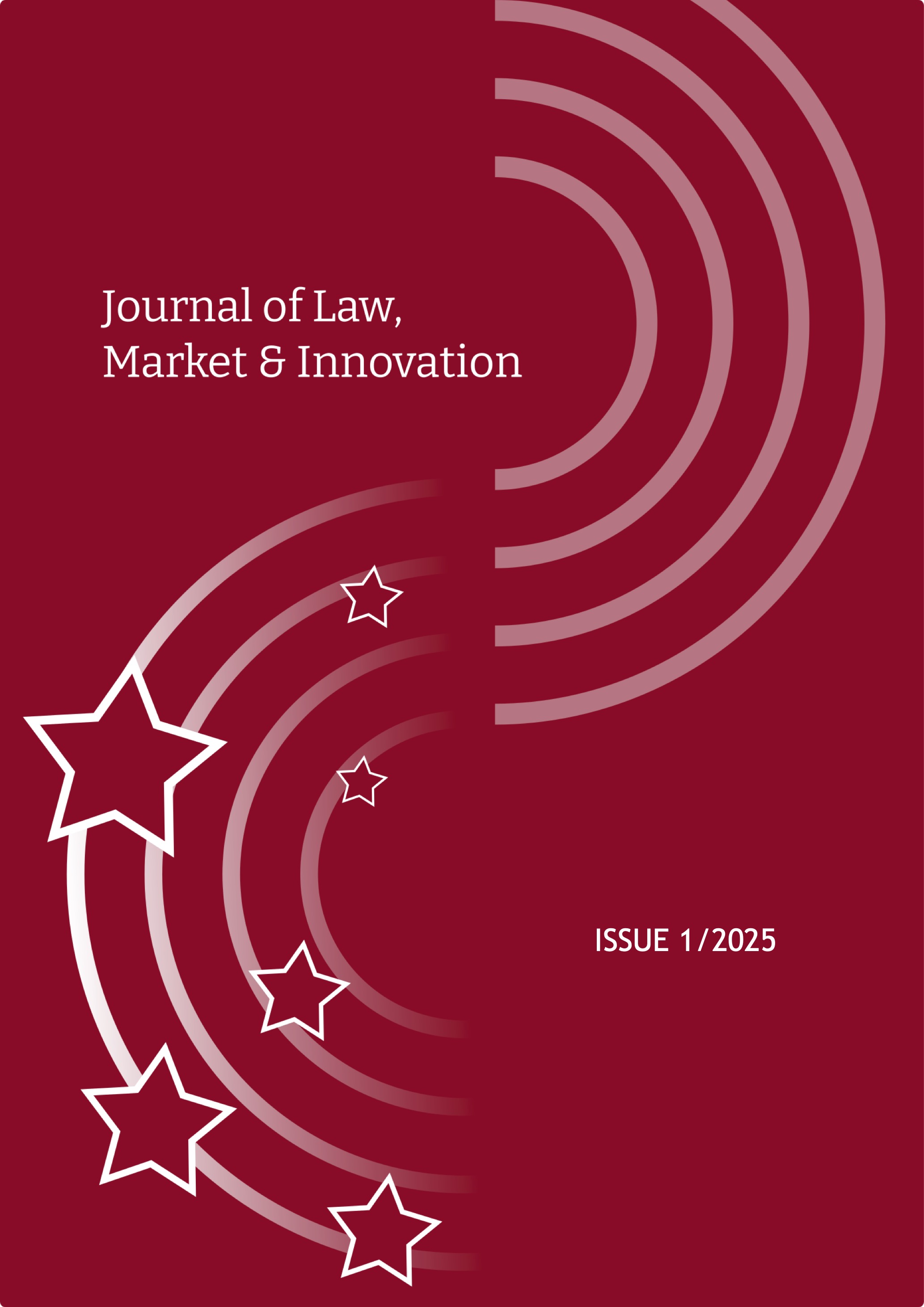How the EU Data Strategy can foster the growth of Agri-tech market
DOI:
https://doi.org/10.13135/2785-7867/11805Keywords:
Data Economy, Agriculture, Data Governance Act, Digital Transformation, Emerging TechnologiesAbstract
The European Union (EU) has adopted a proactive approach in regulating the data economy, aiming to promote innovation and address competition concerns. The Data Act and the Data Governance Act are two key regulations in this field. The interconnection between the Data Act and the Data Governance Act is particularly significant in the agricultural sector, where data plays an increasingly important role in optimizing production processes and enhancing sustainability. This article examines the potential impacts of the European Union's European Data Strategy, addressing key challenges in the digital transformation of the agricultural sector, with a focus on the interaction between the Data Act and the Data Governance Act. The agricultural sector is increasingly reliant on emerging technologies such as the Internet of Things (IoT), big data, and artificial intelligence (AI), generating vast amounts of "agri-data" with significant potential to enhance productivity, efficiency and sustainability. However, critical issues related to data access, sharing, and trust hinder the sector's progress, including farmer data lock-in, fragmentation of data sets, unmet access needs for key stakeholders, and farmers’ reluctance to adopt digital technologies due to trust concerns. The article explores how the Data Act can mitigate farmer lock-in by mandating access to data generated by agricultural machinery and services, while the Data Governance Act fosters trust through rules for data intermediaries, including data cooperatives. Furthermore, it analyses the broader societal benefits of these regulations, such as promoting innovation to address climate change and improve food security through enhanced data access and analysis. Provisions enabling government access to agricultural data are highlighted as a means of improving public policy responses to climate challenges. Furthermore, the article also critically evaluates potential weaknesses of the regulations, including ambiguities in definitions under the Data Act, practical challenges in implementing the Data Governance Act, and the financial and administrative burdens on the agricultural sector. It concludes by emphasizing that the success of these legislative measures depends on their proper implementation and adaptation to the specific needs of the agricultural sector. The discussion closes with recommendations for additional regulatory and legislative refinements to unlock the full potential of digital agriculture




 EJIF has been approved for inclusion in
EJIF has been approved for inclusion in  The Journal of Law, Market & Innovation is indexed in
The Journal of Law, Market & Innovation is indexed in  The Journal of Law, Market & Innovation is indexed in
The Journal of Law, Market & Innovation is indexed in  The Journal of Law, Market & Innovation is indexed in
The Journal of Law, Market & Innovation is indexed in  The Journal of Law, Market & Innovation is indexed in
The Journal of Law, Market & Innovation is indexed in  The JLMI is classified as a "scientific" journal for Law (Area 12) by the Italian
The JLMI is classified as a "scientific" journal for Law (Area 12) by the Italian 